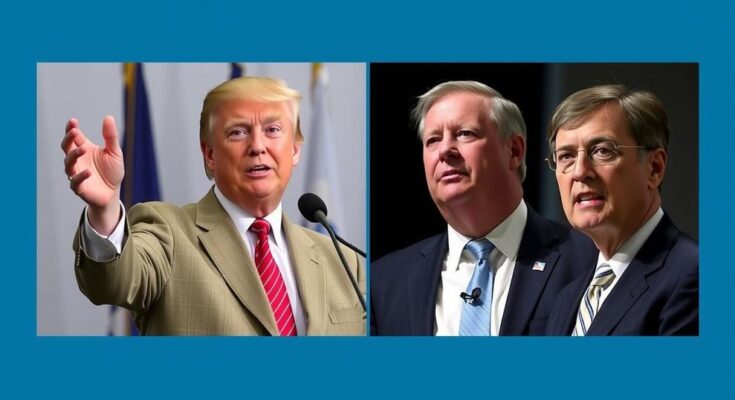The election for the Secretary General of the OAS comes amidst significant regional challenges, including political polarization and threats to democracy. Candidates Albert Ramdin and Rubén Ramírez represent differing approaches on how to address the OAS’s key priorities. The election outcome will greatly influence the direction of inter-American affairs and the organization’s effectiveness in navigating urgent issues facing the region.
The upcoming election for the Secretary General of the Organization of American States (OAS) highlights significant challenges facing regional politics in the Americas. As the OAS prepares to elect its new leader, it is crucial to acknowledge the complexities stemming from political polarization, threats to democracy, the impacts of climate change, and the unique geopolitical landscape influenced by the rivalries between the United States and China. Candidates Albert Ramdin of Suriname and Rubén Ramírez Lezcano of Paraguay have emerged, each proposing different strategies to navigate the OAS’s multifaceted mandates—security, development, human rights, and democracy. The outcome will fundamentally shape the direction of Inter-American relations and the efficacy of the OAS in addressing pressing regional issues.
The OAS serves as a vital platform for political cooperation among member states in the Americas, especially during a period marked by heightened political polarization and challenges such as climate change and immigration crises. The organization’s role in defending democracy has often led to tensions with some member nations, exemplified by Nicaragua’s withdrawal from the OAS. Against this backdrop, the leadership contest is expected to have profound implications for regional governance and international relations, particularly as the OAS is faced with competing interests influenced by the geopolitical dynamics of the U.S. and China.
The election of the next Secretary General of the OAS presents an opportunity for member states to reshape their collective approach to urgent regional challenges. The leadership choice will not only impact the internal dynamics of the OAS but also establish the organization’s ability to function effectively in the face of increasing polarization within the Hemisphere. It is vital for the member states to consider the implications of their choice, as it will define the OAS’s role and effectiveness in the Americas moving forward.
Original Source: globalamericans.org




